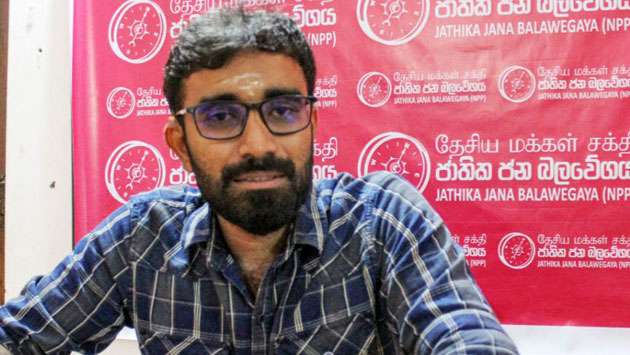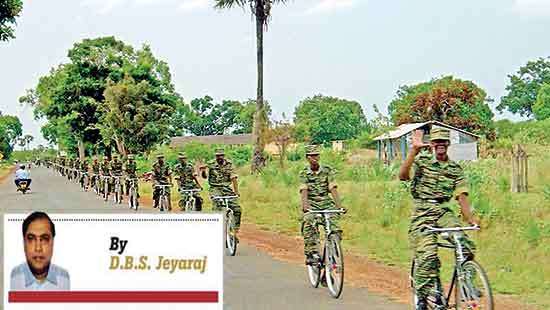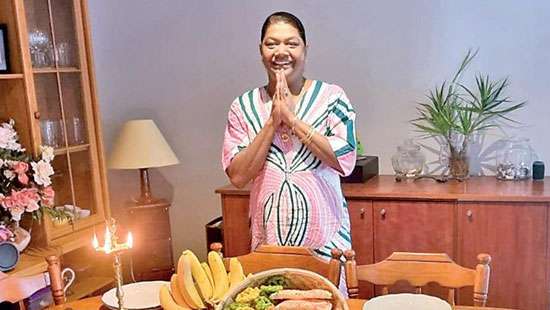Sinhalese getting India-funded houses, complain Tamil MPs
17 June 2013 04:43 am Views - 4240
Tamil National Alliance (TNA) MPs P Ariyanenthiran, C Yogeswaran and P Selvarasa told mediapersons in Batticaloa on Saturday that houses under the Indian scheme had been allotted to Sinhalese in Keviliyaamadu, although they were neither displaced nor had suffered loss of houses during the war. Indian houses were allotted to 89 Sinhalese families in Pulukunnaawa, although they had forcibly occupied Tamils’ lands. There were court cases against three of them, the MPs said. They accused India of indirectly encouraging colonisation of Sinhalese in Tamil areas.
Speaking to Express later, Ariyanenthiran said that TNA was not against houses being allotted to Sinhalese and Muslims. “We are only against inclusion of those families which were not displaced,” he explained.
He added that the Indian housing project should have been extended to cover the 1,200 Tamils from the battlefields of Wanni who had taken shelter in Batticaloa and had not gone back.
“Many of these are disabled or are without male breadwinners. Through another organisation, each family received LKR 100,000 to build a house, but with this money, no permanent dwelling can be built. If included in the Indian project they will get LKR 550,000 each,” the MP said.
On the visit of the TNA leaders to India to discuss the Lankan government’s bid to dilute of the 13th Amendment enshrined in the India-Sri Lanka Accord of 1987, Ariyanenthiran said that there was little chance of India taking a strong stand against the Rajapaksa government due to fears that it would veer further towards China.
“India did nothing when the North-Eastern Province was split into two in 2006 in violation of the India-Lanka Accord. On the contrary, India began to deal with the Eastern Provincial government in 2008 as if it was recognising the division,” the MP said. The Indian Express





